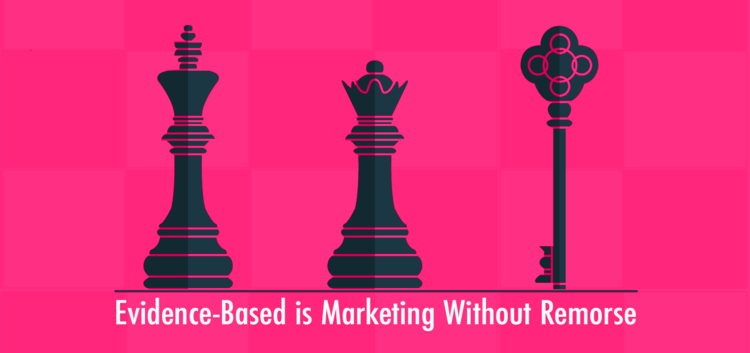
Are you absolutely sure that your current strategy is the most effective way to position your brand? Have you thoroughly considered potential new indications and competitive challenges? Can you confidently express the chosen strategy and defend the rigor behind it? Is your brand positioning rooted in creativity alone or in performance strategy?
The truth is even the smallest idiosyncrasies in brand positioning can have an enormous impact on future market performance.
For brands not living up to their full commercial potential, the problem most often cited is ineffective positioning (barring uninspiring clinical data of course). If all positioning strategy were truly evidence-based, there would be little doubt. Amazingly, in too many cases procedural rigor and quantitative validation have not been applied as they should.
As you’ve no doubt read in multiple articles in the WSJ, NYT, IBD, Fierce Pharma, the Motley Fool and multiple others, the pressure on pharmaceutical marketers to “get it right” has never been so high. If launch metrics fail to meet expectations, brand teams face the very real possibility that executive management will challenge their decisions and their approach.
To be fair, most pharmaceutical companies do their homework. However, in many cases that work pivots from the “standard agency model”, rather than from one purpose-built to reveal market tensions and emotional triggers, which connect to strategies that reliably impact prescribing behavior.
Deliberately strategic brand positioning that is truly evidence-based, eliminates doubt. If the underlying tensions have been identified, the surrounding emotional triggers revealed, and strategic positioning refined, then rigorously tested among target audiences, there can be little remorse.
A truly evidence-based approach becomes even more crucial in complex situations such as the introduction of new competitors, a global expansion, addition of new indications or specialties, an acquisition or the opportunity to position as part of a franchise.
To give new brands their best opportunity for an optimal market trajectory or to course correct brands that are failing to meet expectations, brand marketers must adopt a rigorous and deliberate approach that relies on real-world data to eliminate creative bias and drive confidence in strategic decisions.
A rigorous approach to strategic brand positioning will push brand teams beyond what they “think” to what they “know” eliminating doubt, driving comprehension and achieving alignment across multiple stakeholders including internal and agency partners.
Can you make an evidence-based case to defend your brand’s positioning? If not, perhaps a strategic brand positioning assessment and/or positioning optimization pressure test should be in your plan.
Pharma brand marketers should consider this sooner rather than later. Evidence-based positioning can be the difference between a “ho-hum” launch and a smashing success.
We can help.

